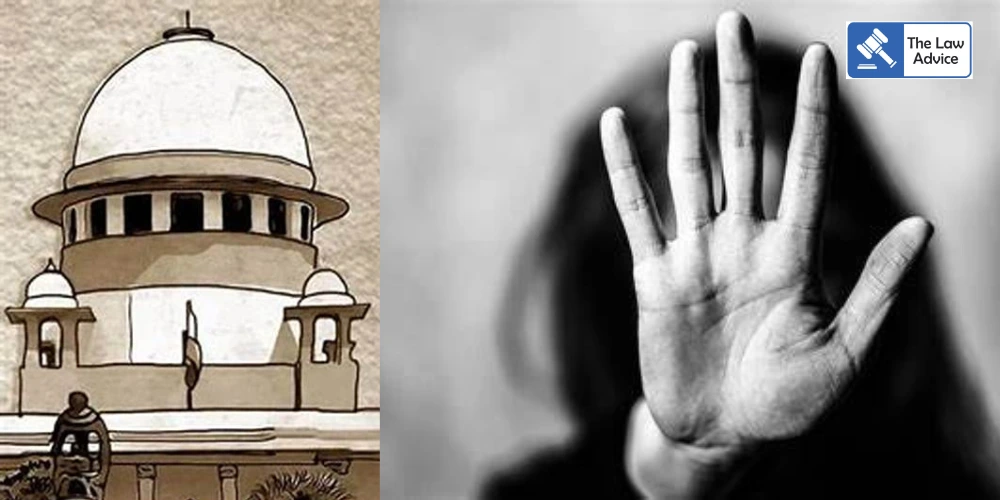
The Supreme Court has upheld the conviction of a man for aggravated sexual assault on a four-year-old child under the POCSO Act, ruling that the absence of medical corroboration does not dilute the weight of consistent and trustworthy ocular evidence. The Court declined to accept the appellant’s argument that the lack of medical injuries and absence of independent eyewitnesses entitled him to acquittal.
A Bench of Justices Aravind Kumar and NV Anjaria reiterated that when medical findings do not align with ocular testimony, the latter must prevail if it is reliable.
The Bench observed:
“It is correct that Dr. Priyanka Toppo (PW-6) did not find external injuries or bleeding. However, it is settled law that medical evidence cannot override cogent ocular testimony. If the eyewitness account is clear and convincing, it must prevail.”
The Court particularly relied on the victim’s frightened and distressed reaction upon seeing the accused in court, along with the mother’s unwavering testimony, holding that these circumstances strongly indicated the commission of the offence even in the absence of visible injury marks.
The judgment noted:
“The child’s terror upon seeing the accused is itself indicative. The entire sequence narrated by PW-1 was telling. The trauma following the incident reflected in the victim’s behaviour, and given that she was only four years old, her reaction carries significant evidentiary value.”
The incident occurred on 15 August 2021. As per the prosecution, the victim’s mother found the appellant in shorts, seated near the legs of her sleeping daughter. When confronted, he fled. The child’s clothes were disturbed, she cried in pain, and her private parts were found wet.
Although the medical report did not record external injuries, the Court pointed to the noted redness in the vaginal area, the mother’s consistent version of events, and the victim’s fearful courtroom behaviour as sufficient to sustain the conviction. The Court emphasised that conviction can rest solely on credible ocular evidence even without medical support.
The appeal was partly allowed only on the question of sentence. Taking note of the fact that the appellant had already undergone four years and five months in custody, the Court revised the sentence from seven years to six years.
Cause Title: DINESH KUMAR JALDHARI v. STATE OF CHHATTISGARH
Website designed, developed and maintained by webexy